Free Zone vs. Mainland: Understanding Accounting Requirements in the UAE
The United Arab Emirates (UAE) has become a thriving hub for businesses of all sizes. Whether you’re a seasoned entrepreneur or an aspiring startup founder, the UAE offers a dynamic environment with attractive benefits.
But before diving in, it’s crucial to understand the key differences between establishing your business in a Free Zone or the Mainland. This is especially true when it comes to accounting requirements.
There are two main business structures in the UAE: Free Zones and the Mainland.
Free Zones offer a range of incentives, including full or partial ownership for foreign investors, streamlined business setup processes, and, typically, tax exemptions. Mainland companies, on the other hand, operate within the general UAE legal framework and have access to the entire UAE market.
While the choice between the Free Zone and the Mainland depends on your specific business goals, understanding the accounting requirements for each is essential. This blog post will delve into the key differences between Free Zone and Mainland accounting in the UAE, helping you make an informed decision and navigate your path to success.
Accounting Requirements for Free Zone Companies:
Free Zones in the UAE generally have a simplified accounting framework compared to the Mainland. The specific requirements may vary slightly depending on the Free Zone authority, but here’s a general overview:
-
Simplified Accounting Standards:
Free Zones often allow companies to use less complex accounting standards than the International Financial Reporting Standards (IFRS) followed by Mainland entities. This can be a significant advantage for small businesses, reducing the burden of maintaining intricate financial records.
-
Record-keeping Obligations:
Free Zone companies are still required to maintain proper accounting records, including invoices, receipts, and bank statements. However, the level of detail may be less stringent compared to Mainland regulations.
-
Tax Implications:
A significant advantage of Free Zones is the tax exemption on corporate income and import/export duties (exceptions may apply). However, it’s essential to consult with a qualified professional to ensure compliance with any relevant Free Zone fees or charges.
Accounting Requirements for Mainland Companies:
Mainland companies in the UAE operate under a more complex accounting framework. Here’s what you need to be aware of:
-
Stricter Accounting Standards:
Mainland companies are required to adhere to the full IFRS standards. This ensures transparency and facilitates international comparisons of financial performance.
-
Tax Audits:
All Mainland companies with a net profit exceeding AED 375,000 (approximately USD 102,000) are subject to mandatory annual tax audits. This process involves a licensed auditor reviewing your financial statements to ensure compliance with UAE tax regulations.
-
VAT Compliance:
Since 2018, the UAE has implemented a 5% Value Added Tax (VAT) on most goods and services. Mainland companies supplying taxable goods and services must register for VAT, calculate and collect VAT on their sales, and file VAT returns with the Federal Tax Authority.
Challenges of Managing Accounting In-House:
Whether you choose a Free Zone or Mainland setup, managing your accounting in-house can be a significant challenge, especially for small and medium-sized enterprises (SMEs). Here are some key considerations:
- Time Commitment and Resources: Maintaining accurate and compliant accounting records requires dedicated time and resources. This can be a significant drain on your operational efficiency, especially if you lack in-house accounting expertise.
- Risk of Errors and Non-Compliance: Navigating complex accounting regulations and tax requirements can be daunting. Mistakes can lead to penalties, delays, and reputational damage.
- Finding Qualified Personnel: Hiring a qualified and experienced accountant can be expensive and time-consuming. Many SMEs struggle to find the right talent within their budget constraints.
Benefits of Outsourcing Accounting & Bookkeeping Services:
PROFITZ ADVISORY, a leading accounting firm for SMEs in the UAE, understands the challenges businesses face when it comes to managing their finances. Outsourcing your accounting and bookkeeping needs can offer a range of benefits:
- Save Time and Resources: By outsourcing your accounting, you can free up valuable time and resources to focus on your core business activities.
- Expertise in Free Zone and Mainland Accounting: PROFITZ ADVISORY has a team of experienced professionals who are well-versed in the specific accounting requirements for both Free Zone and Mainland companies. This ensures your business remains compliant with all relevant regulations.
- Access to Experienced Professionals: You gain access to a team of qualified accountants with the expertise to handle complex accounting tasks effectively and efficiently.
- Reduced Risk of Errors: By outsourcing to a reputable accounting firm, you minimize the risk of errors and ensure complete transparency in your financial reporting.
PROFITZ ADVISORY offers a comprehensive suite of accounting and bookkeeping services tailored to meet the specific needs of both Free Zone and Mainland businesses in the UAE. From bookkeeping and payroll management to tax preparation and financial reporting, our team can help you navigate the complexities of UAE accounting.
Visit their website today: PROFITZ ADVISORY: https://profitzadvisory.com/








